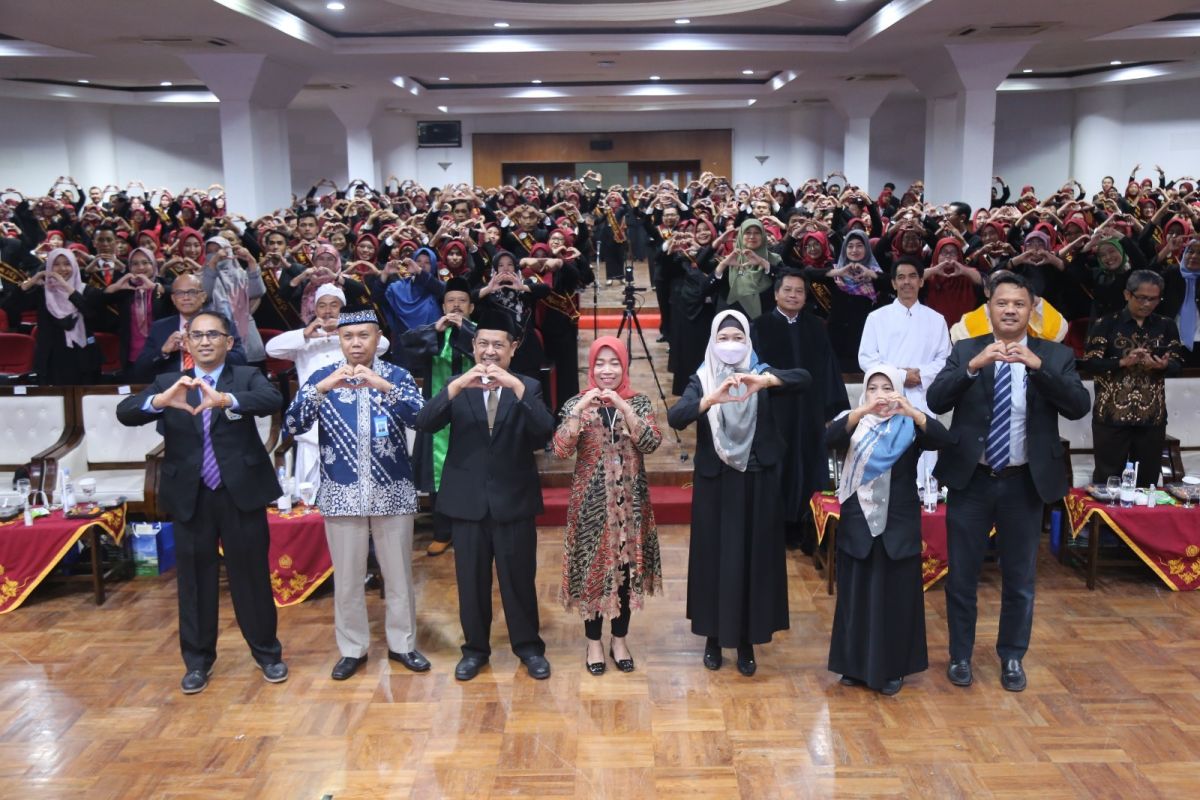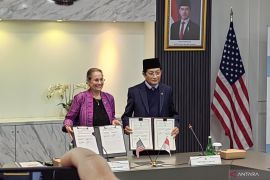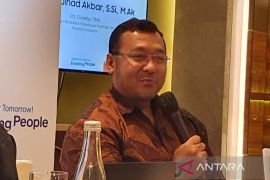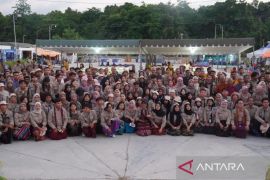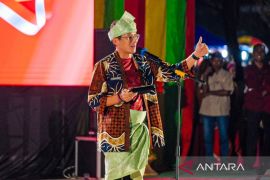Malang, East Java (ANTARA) - The Ministry of Education, Culture, Research, and Technology has said that lack of teacher availability is one of the problems faced by the Indonesian education sector. "The lack of teacher availability has been caused by teacher retirement," the ministry's director general of teachers and educational personnel, Nunuk Suryani, said on the sidelines of the graduation of 1,238 teachers from the Teacher Professional Education (PPG) at Muhammadiyah Malang University (UMM), Malang, East Java, on Tuesday.
Based on data in 2022, the shortage of teachers in Indonesia has reached 781 thousand, she informed. To overcome this problem, the government has decided to open State Civil Apparatus (ASN) positions for teachers with employment agreements (P3K).
Strategic issues related to national education development must be resolved, especially related to uneven education services and the low quality of education, she said. According to data, there are 288 sub-districts in Indonesia that do not have junior high schools and 681 sub-districts lack high schools, Suryani noted.
In addition, teachers' competence plays an important role in the quality of education, which is still low and unevenly distributed, as well as the unavailability of a steady learning outcome assessment method, she added. "Moreover, the competitiveness of Indonesian universities is still weak, based on publications, innovations, and also citations," Suryani noted.
Therefore, Indonesia needs a new transformation related to education, not only for prospective teachers, but also to widen teachers' perspectives to achieve the Sustainable Development Goal (SDG) targets, she said.
Meanwhile, the executive director of the Asia Pacific Centre for Ecohydrology (APCE) of the United Nations Educational, Scientific, and Cultural Organization (UNESCO), Professor Ignasius D.A. Sutapa, highlighted the important role of the teaching and education faculty (FKIP) in preparing professional teachers in the digital era.
According to him, education in the digital era is marked by the integration of information and communication technology in education and teaching. Students and teachers can easily access abundant sources of knowledge due to digitalization.
However, this convenience also brings its own challenges, especially the ability to create innovation and collaboration, which can be an important capital for advancing educational institutions and creating quality human resources (HR) who can compete globally, he added.
Baca juga: Indonesia must push sustainable development in ASEAN
Baca juga: Thrifting allowed, but within legal limits
"The old perspective on literacy in education, such as reading, writing, and arithmetic, is no longer sufficient. Teachers and students must be able to interpret new literacy in the digital era, which includes data literacy, the ability to read and analyze information in the digital world, and technology literacy," Sutapa said.
Meanwhile, UMM Deputy Chancellor I Syamsul Arifin expressed the hope that the thousands of newly inaugurated teachers would be able to respond to the challenges of the future. Arifin also thanked the Ministry of Education and Culture for trusting UMM for preparing future professional teachers. "UMM wants to contribute to preparing superior human resources to advance the country," he said.


